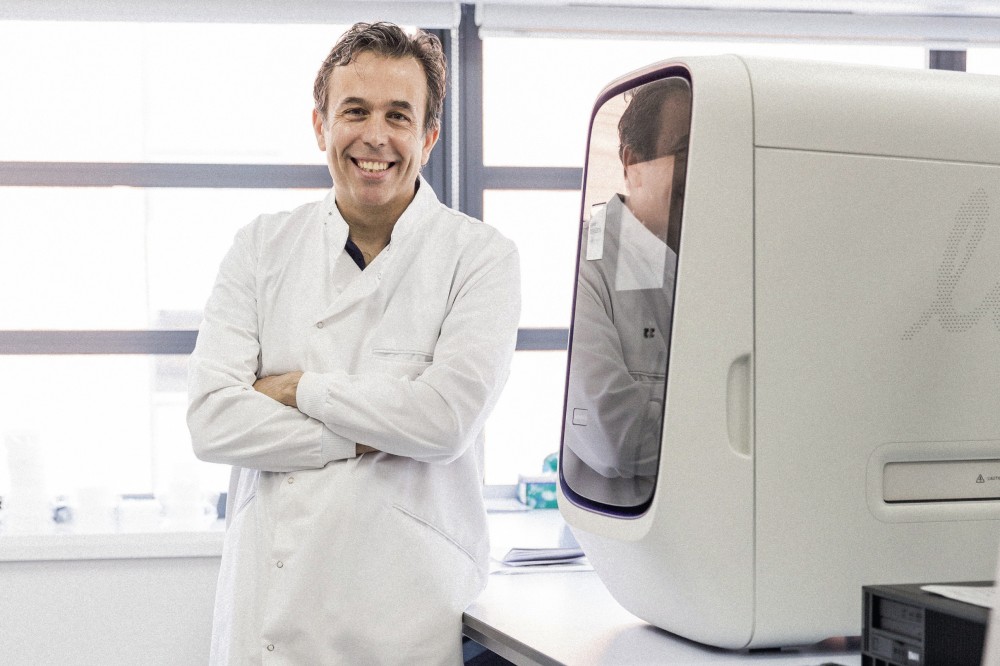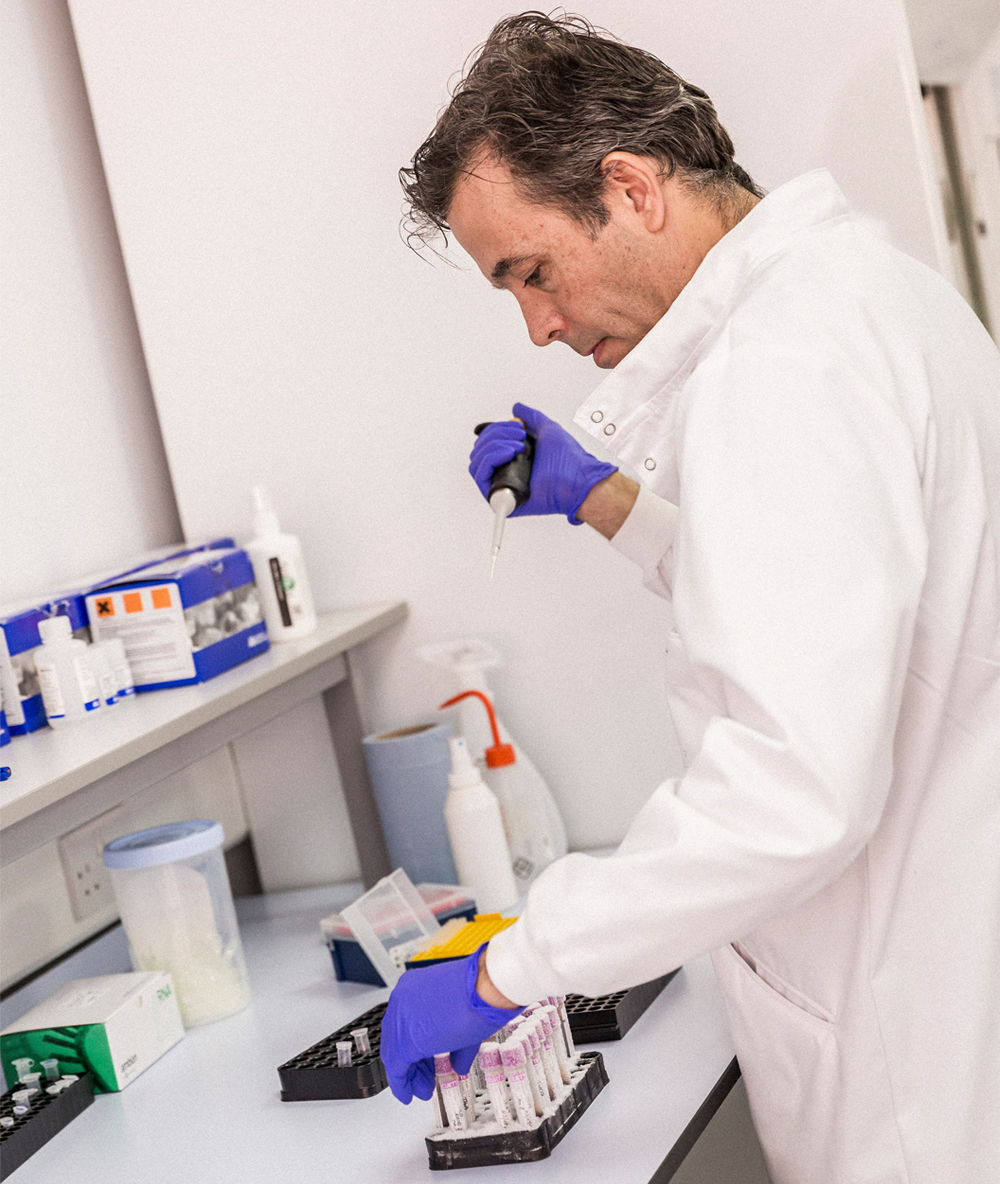‘We need evolution, not revolution, in anti-doping’
Expert opinion: Professor Yannis Pitsiladis from the University of Brighton is developing anti-doping tests using genetics-based technology

Yannis Pitsiladis in the lab. Photo: Chris Catchpole
Dr Paul Dimeo’s call for a ‘rethink’ in anti-doping, by implication, dismisses much of the progress achieved since the formation of the World Anti-Doping Agency (WADA) in 1999.
Dimeo and some other academics seem to advocate radical new solutions because of the failure of the current system to work effectively.
While anti-doping today is nowhere near as effective as stakeholders in sport and the public at large would like, it makes little sense to start afresh, especially given the real signs of progress.
>>> Why Maria Sharapova’s meldonium positive raises questions for cycling too
What is needed is an evolution rather than a revolution, building on the successes of a fairly young agency but with substantial modernisation to reflect cultural, economic and social changes.

Sport is now big business — no longer an amateur pastime for ‘gentleman’ and the privileged few but a vocation for thousands of athletes and their extensive entourage of physiologists, nutritionists, biomechanists, psychologists, etc..
>>> Bradley Wiggins on Maria Sharapova positive: ‘There is no excuse’
The latest race content, interviews, features, reviews and expert buying guides, direct to your inbox!
This modernisation process must support the development of next-generation anti-doping tests, and allow anti-doping authorities to impose greater sanctions — up to lifetime bans where there is evidence of long-term benefits from doping.
Equally, this process must embrace peak performance development of all forms that do not violate anti-doping rules.
‘Motorised doping’ must be dealt with as robustly as blood doping, whereas seeking legal ‘marginal gains’ must be permitted.
A modern and fit-for-purpose anti-doping philosophy is needed, one that acknowledges and celebrates diversity in natural athletic talent and training environments with differing access to sponsorship, support teams and technology.
All must play by the same rules so that everyone has a chance to succeed — albeit not an equal chance. This is the true essence of sport.
Jack Elton-Walters hails from the Isle of Wight, and would be quick to tell anyone that it's his favourite place to ride. He has covered a varied range of topics for Cycling Weekly, producing articles focusing on tech, professional racing and cycling culture. He moved on to work for Cyclist Magazine in 2017 where he stayed for four years until going freelance. He now returns to Cycling Weekly from time-to-time to cover racing, review cycling gear and write longer features for print and online.